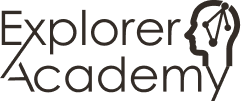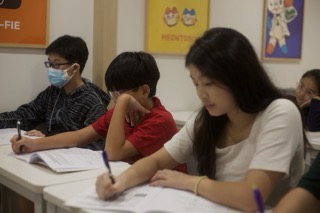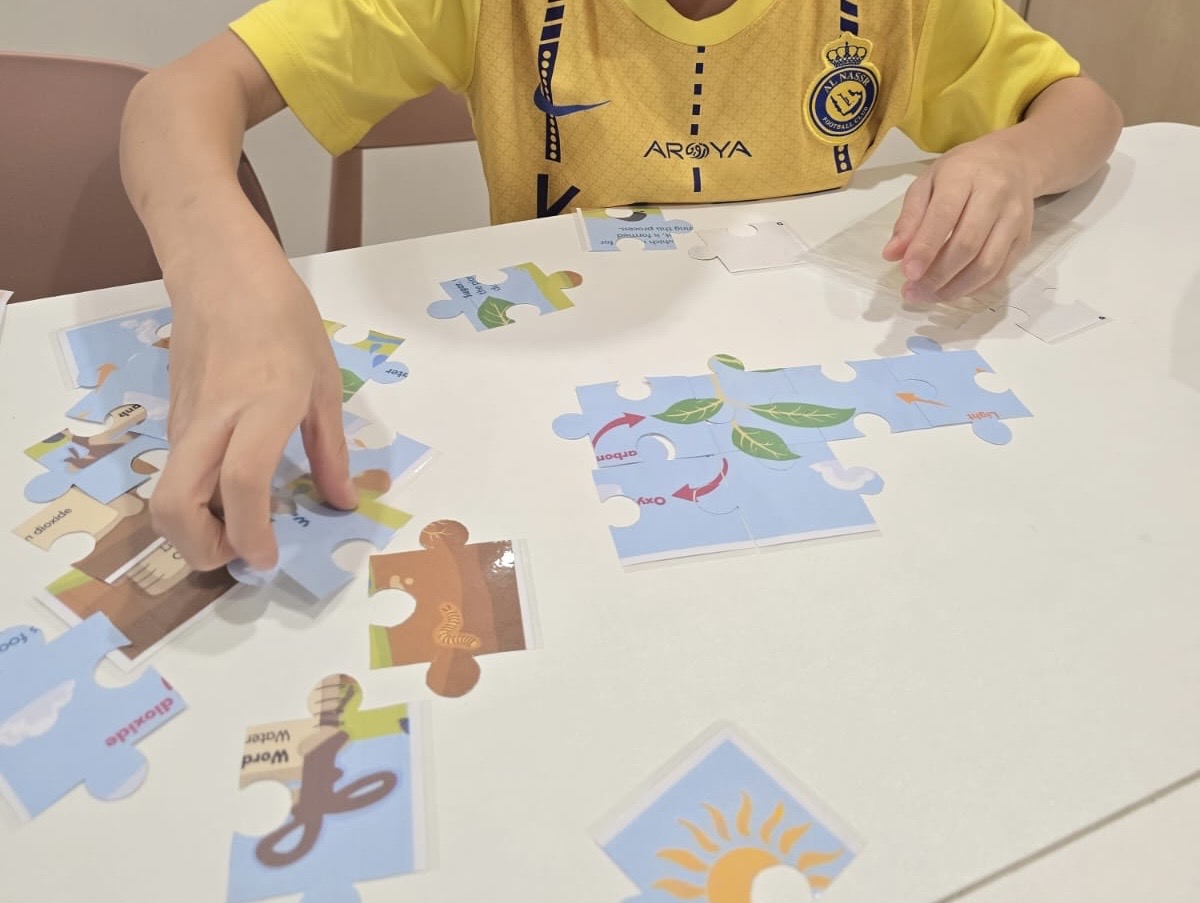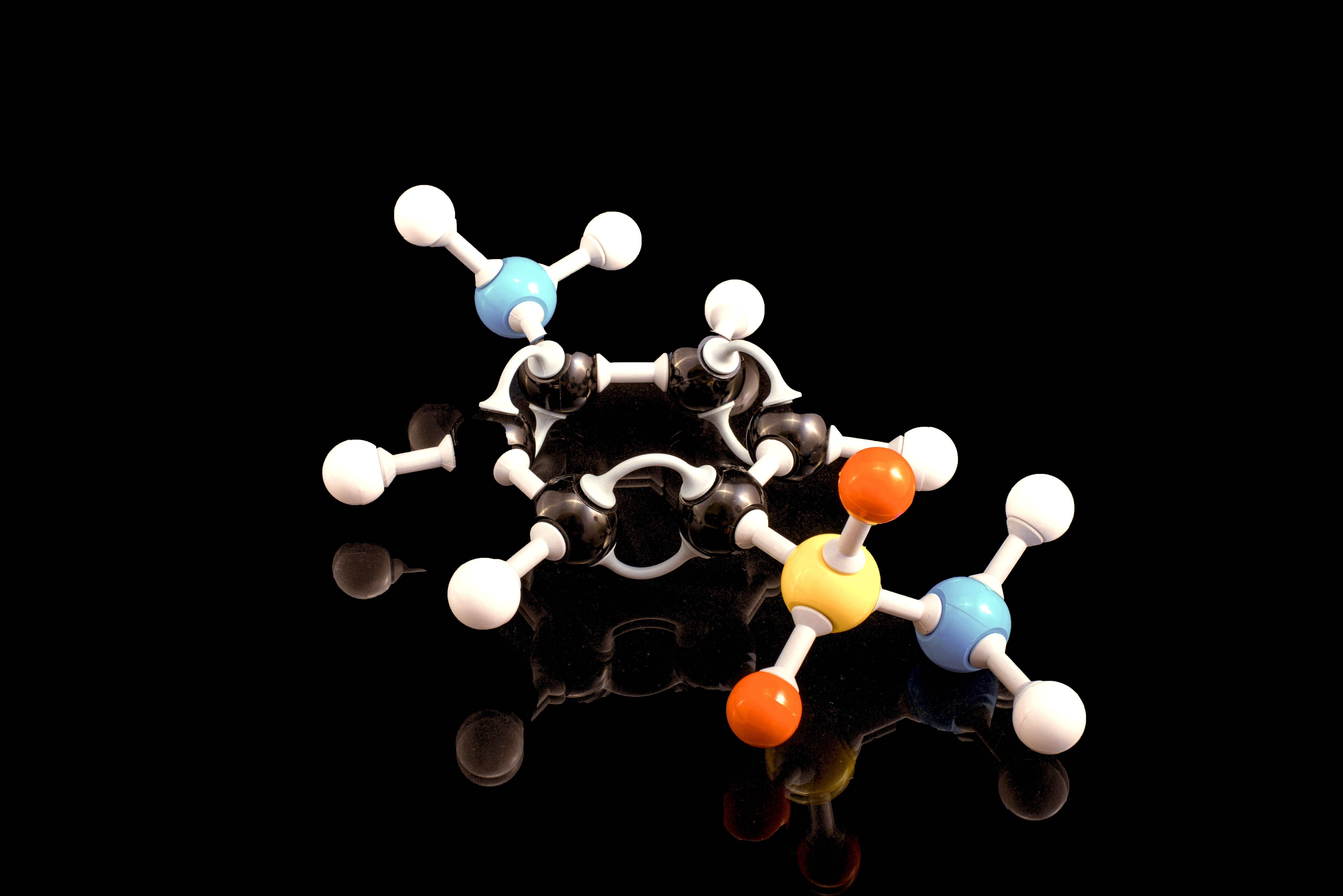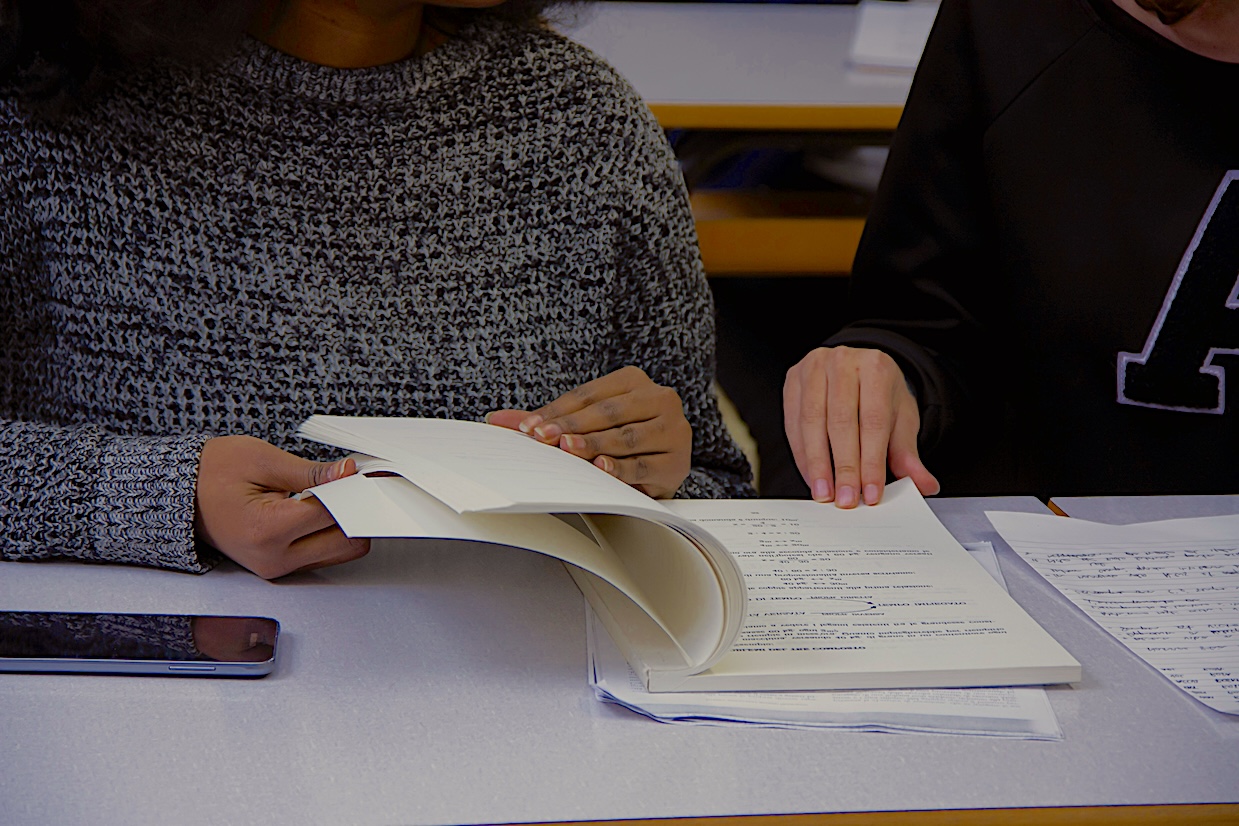Big changes are coming to Singapore’s education system, and they’re set to transform the way secondary school students learn and progress. Starting in 2027, the Secondary Exam Certificate (SEC) will replace the GCE O-Level and N-Level exams, complementing the Full Subject-Based Banding (FSBB) system that will phase out traditional streaming by 2024. Here’s a closer look at what this means for students and parents.
A Unified National Exam
The SEC system will be a single national exam that replaces the separate O-Level and N-Level assessments. It’s designed to align with the FSBB system, which encourages flexibility and inclusivity by allowing students to take subjects at different levels based on their strengths.
Under this new system, students will receive a common certificate co-certified by Cambridge Assessment and Singapore. This certificate will list all subjects taken, along with their corresponding levels: General 1 (G1), General 2 (G2), or General 3 (G3). For instance, a student might complete six G3 subjects and one G2 subject, or a mix of G3, G2, and G1 subjects. This flexibility reflects each student’s unique strengths and learning journey while enhancing the certificate’s global recognition.
The Full Subject-Based Banding System
The FSBB system is a significant departure from the decades-old practice of streaming students into Express, Normal (Academic), and Normal (Technical) tracks. Instead, students can take subjects at three levels: G1 (similar to Normal Technical), G2 (equivalent to Normal Academic), and G3 (matching the Express standard).
This approach promotes a more inclusive learning environment, where students are not confined to a single academic pathway. For example, a student who excels in Mathematics might take it at the G3 level, while taking Science at the G2 level. This flexibility ensures students can build on their strengths while receiving support in areas where they need it most.
The SEC Exam Structure
The SEC exam structure will be tailored to the subject levels chosen by students. English and Mother Tongue exams will take place in mid-September, while other subjects will be spread throughout October. This staggered schedule is designed to reduce exam stress and give students more time to prepare.
The final certificate will reflect each student’s unique subject combination and levels, offering a personalized record of their academic achievements. The introduction of this new O-Level system ensures that students’ capabilities are represented more holistically.
Post-Secondary Pathways
With the introduction of FSBB and the SEC system, post-secondary admissions criteria will also be updated. Institutions such as junior colleges, polytechnics, and Institutes of Technical Education (ITEs) will consider combinations of G1, G2, and G3 subjects to match students with suitable courses.
For Normal (Academic) students, the Polytechnic Foundation Programme (PFP) offers an alternative to the traditional Secondary 5 (Sec 5) pathway. This program allows top-performing students to complete a foundational year in polytechnic before starting their diploma courses.
Why This Change Matters
The shift to FSBB and the SEC system represents a more inclusive, flexible, and student-centered approach to education. By eliminating rigid streaming, students can explore their interests and develop their strengths without being limited by a predefined track. The co-certified SEC certificate also enhances global recognition, opening doors to international opportunities.
For parents and students, this transition may seem daunting, but it’s an exciting opportunity to embrace a more holistic and personalized education system. By staying informed, planning early, and exploring alternative pathways like the PFP, families can navigate these changes confidently.
In Conclusion
This new system is not just a reform; it’s a step forward in preparing students for a future that values adaptability, inclusivity, and lifelong learning. The SEC O-Levels will ensure that students from secondary 4 and other levels are better equipped to meet future challenges.
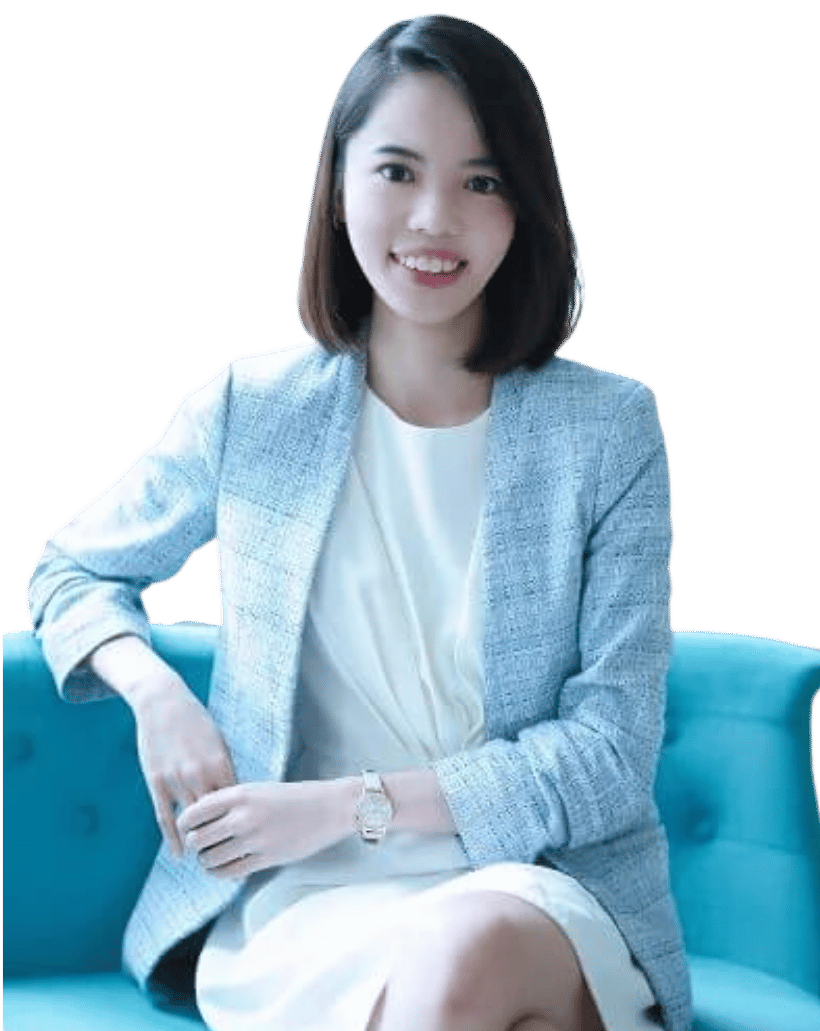
About Our Founder
Joanne Tan
Joanne Tan is a Science graduate from Nanyang Technological University (NTU) and the founder of Explorer Academy. Having 10 years of teaching experience under her belt, Ms Joanne has experimented many different teaching methods and studying strategies that makes difficult concepts systematic and easy to master.
Seasoned by her experience, Ms Joanne is well known to be a mentor to many of her students. With proper guidance, Joanne believes every student can be empowered with the right skill set and mentality to be resilient and critical thinkers.
Achievements
- 90% A1 to B3
- 80% Distinction (A1/A2)
- Physics: 90% A1 to B3, 85% Distinction (A1/A2)
- Chemistry: 92% A1 to B3, 78% Distinction (A1/A2)
- 100% Grade 1 & 2
- 100% Eligible for PFP
